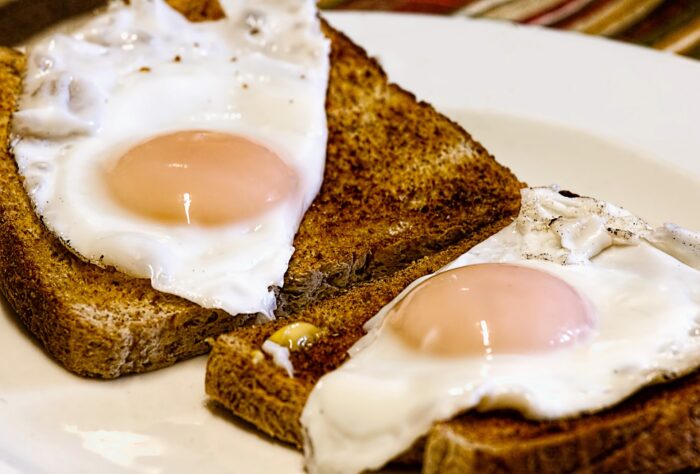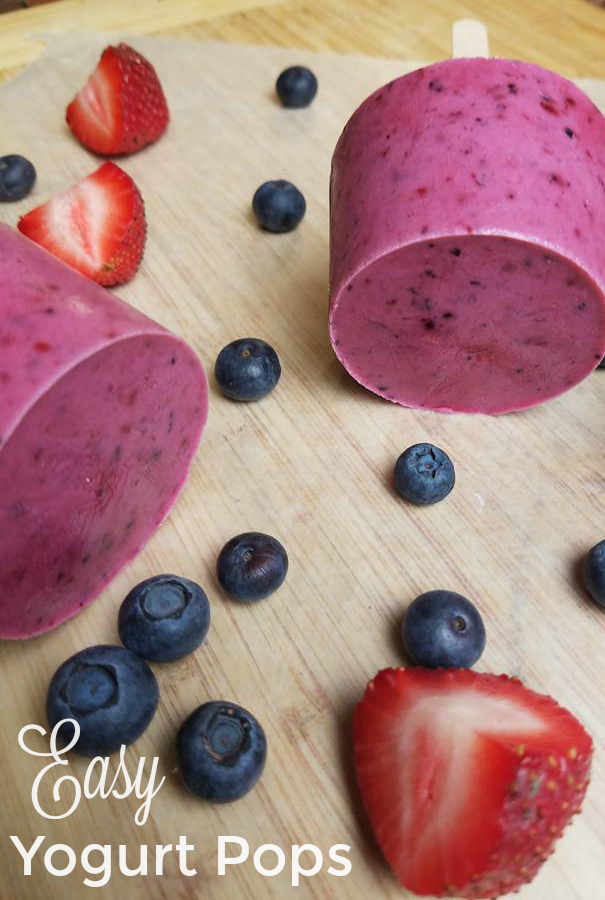When it comes to cholesterol, you need to focus on increasing the level of good cholesterol and decreasing the bad one. Good cholesterol, also known as HDL, helps protect your heart by removing LDL (“bad” cholesterol).
Bad cholesterol can build up on your blood vessel walls and restrict blood flow. This can lead to various cardiovascular problems. Because of this reason, you need to raise HDL levels.

If you’re at risk for high cholesterol, talk to your doctor about the best way to get your HDL levels up. Your diet and exercise can help as well, but sometimes medications are needed to treat your cholesterol.
You’ll need to have your cholesterol levels monitored regularly by a doctor or health professional. Your doctor can recommend how often to have your HDL checked and give you advice on boosting your cholesterol levels with diet, exercise, and other healthy lifestyle changes.
To learn more about HDL cholesterol and why it is important, continue reading.
What Is HDL Cholesterol?
High-density lipoprotein (HDL) cholesterol is the “good” form of cholesterol that carries a third of your circulating cholesterol to your liver for excretion. It’s a fat-soluble substance that helps reduce your risk of heart disease by helping remove other types of cholesterol from your bloodstream.
It works by moving fatty deposits from the blood vessels and taking them to your liver for removal. This process, called reverse cholesterol transport, is what makes HDL the “good” kind of cholesterol.
Low levels of HDL are more common in people who have a diet rich in saturated fats, smoke cigarettes, and have diabetes or other conditions. You can improve your HDL level by making healthy changes to your lifestyle.
If you have low HDL, your doctor can prescribe medications that help raise the level. You may also need to make dietary changes and get more physical activity to reach your target HDL level.
What Are Optimal Levels of HDL Cholesterol?
Optimal levels of HDL cholesterol depend on several factors, including genetics, age, and lifestyle. It also depends on the type of foods you eat and lifestyle choices like smoking, drinking alcohol, etc.
A healthy HDL cholesterol range is 40 mg/dL for men and 50 mg/dL for women. When your HDL is lower than this, you are a risk for coronary heart disease or other problems with your heart.
Your cholesterol level is usually determined by your doctor through a blood test. Cholesterol levels are often measured in milligrams of cholesterol per deciliter of blood or millimoles (mmol) of cholesterol per liter of blood.
What Makes HDL Cholesterol So Good?
A fatty, waxy substance called cholesterol is required by your body for many important functions, like creating bile and vitamin D in the presence of sunlight. But too much of it can be harmful if you don’t make healthy dietary choices or avoid certain risk factors, such as high blood pressure and obesity.
High-density lipoprotein (HDL) cholesterol is often referred to as the “good” cholesterol because it helps remove other types of cholesterol from your bloodstream. Having higher levels of HDL has been linked to a lower risk of heart disease and stroke.
LDL, or “bad” cholesterol, contributes to fatty build-ups in the arteries. It narrows the arteries and increase the risk of heart disease and stroke. HDL, or “good” cholesterol, catches excess LDL and takes it back to the liver, where it breaks down.
There’s been a long-held belief that raising your HDL levels can reduce your risk of heart attack or stroke. For decades, doctors have advised their patients to lower LDL levels and raise HDL.
You can get more of the “good” kind by eating a diet rich in fruits, vegetables, low-fat dairy products, and poultry. Limiting saturated fats, trans-fats, and red meat can also help.
Ways to Increase Your HDL Cholesterol Levels
Increasing your HDL cholesterol levels is one of the best ways to lower your risk of heart disease. Here are some tips to help you increase HDL cholesterol levels.
Diet
Eating a diet that includes lots of fiber and antioxidants can help your body keep LDL cholesterol in check while increasing HDL cholesterol. Adding more fruit to your diet is a great way to boost your fiber intake and raise your HDL levels. A low-carb or ketogenic diet can increase your HDL cholesterol levels, which are beneficial for heart health.
Physical Activity
Exercising regularly is one of the best ways to increase your HDL cholesterol levels. It is especially important for individuals with a high risk of developing cardiovascular disease. Aerobic exercise can help raise your HDL cholesterol.
Quitting Smoking
One of the best ways to increase your HDL cholesterol levels is by quitting smoking. This will not only help you improve your heart health but will also reduce the risk of many other diseases and conditions. Studies have shown that quitting smoking can reduce your risk of having a heart attack.
Losing Weight
If you’re overweight, losing 5% to 10% of your current weight can improve your HDL cholesterol as well as your blood pressure and blood sugar. Losing weight, in particular, can increase your HDL cholesterol levels significantly. It also has a big impact on the risk of heart disease and stroke.
Conclusion
HDL cholesterol, also known as high-density lipoprotein, is a form of cholesterol that helps protect your heart and blood vessels. It helps prevent clogged arteries, which can lead to heart disease and stroke. You’ll want to have your HDL and LDL levels checked at least once a year. It’s especially important to keep tabs on your HDL cholesterol if you’re overweight, have diabetes or high blood pressure, are a smoker, or have a family history of cardiovascular disease. Fortunately, there are many things you can do to boost your HDL. These include exercise, quitting smoking, and eating a healthy diet.











Leave a Reply